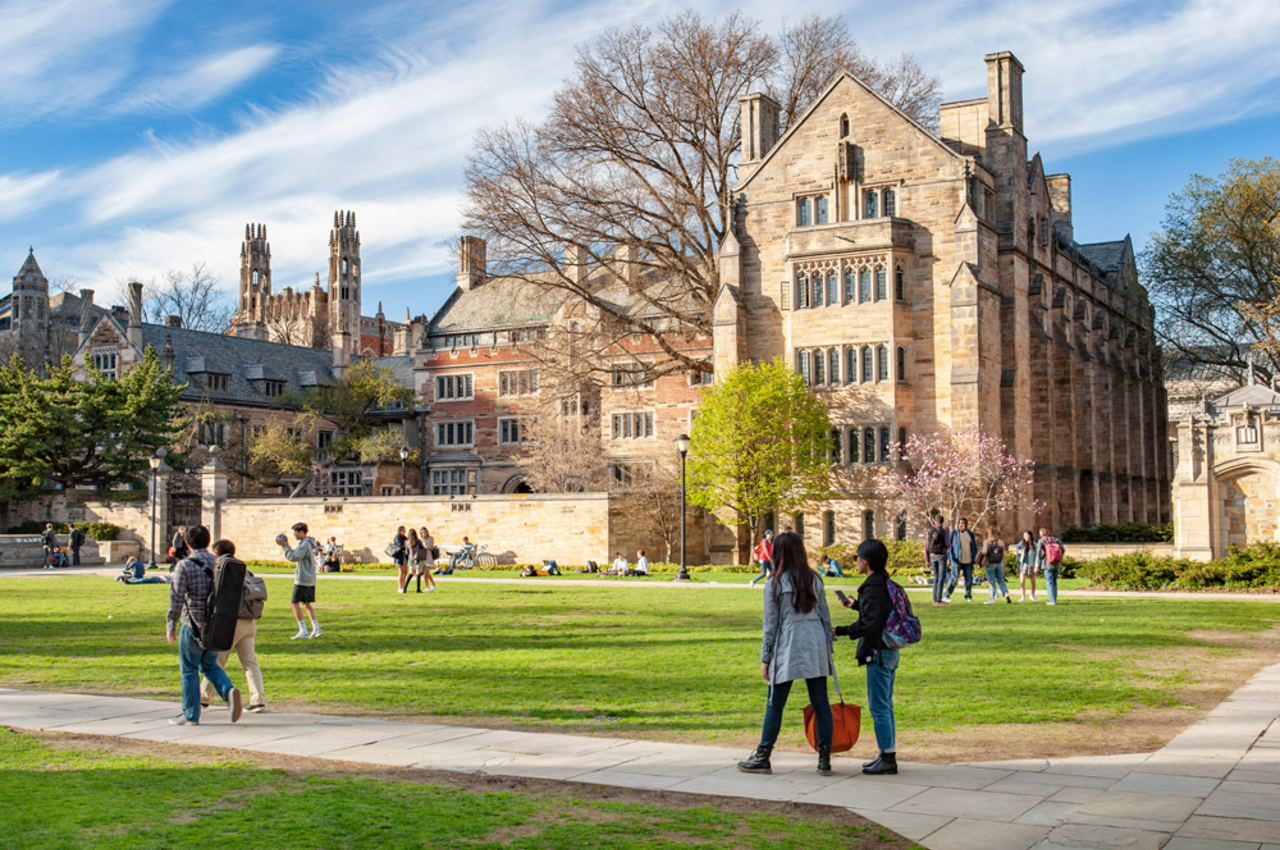On August 13th, the Justice Department made a bold claim that Yale University has been discriminating against its Asian-American and White applicants. This came at the heels of a two-year-long investigation against the school, which began shortly after Harvard was accused of committing the very same crime.
If this allegation is in fact true, Yale would be violating Title VI of the 1964 Civil Rights Acts, which prohibits any school from turning away potential candidates purely on the basis of race, sex, or national origin. Last October, Harvard’s trial came to a close as the school was found innocent, but next month, arguments are set to be heard for the prosecutor’s appeal of the case.
The Justice Department’s accusations against both Yale and Harvard were in response to a formal complaint made by the Asian American Coalition for Education (AACE) in May of 2016 along with the solidarity of over 60 Asian American organizations. AACE is a non-profit committed to promoting equal educational opportunities for Asian-Americans. For the past several years, the organization has made it its priority to end racial quotas in higher education, as they believe it is at the expense of Asian-American students.
The Justice Department’s decision could gravely hurt Yale’s ongoing legal battle for preserving affirmative action, a policy that favors socioeconomically disadvantaged candidates who have been historically barred from attending prestigious schools. It is practiced by many universities with the intent of making reparations in higher education.
Fizza Abbas, a QC senior majoring in Sociology believes that affirmative action is greatly misrepresented in the media. “People have the misconception that affirmative action is something that victimizes Asians and Whites. For a long time, conservatives have rallied behind this message to use Asians as a tool for dividing minorities and serving their own political agenda.”
Malaika Var, a QC junior majoring in Political Science feels similarly. She even adds that “the Black and Hispanic community have always faced a disadvantage as a result of systemic racism. Affirmative action provides them a better chance at attaining the higher education they wouldn’t otherwise have”.
Eric S. Dreiband, the assistant attorney general for the civil rights division, is not a proponent of affirmative action. In defense of the Justice Department’s opposition against Yale’s admission practices, he has stated that “there is no such thing as a nice form of race discrimination.” He then proceeded that the “investigation indicates that Yale’s diversity goals appear to be vague, elusory and amorphous. While some applicants — mainly African-American and Hispanic students — were favored by Yale because of their race and ethnicity, others were disfavored”.
According to The New York Times, the Justice Department has “directed Yale to suspend the consideration of race or national origin in admissions for one year, at which time the university would need to seek clearance from the government to begin using race as a factor again.” Yale’s president Peter Salovey is adamant that the department’s allegations are “baseless.” He claims that “at this unique moment in our history, when so much attention properly is being paid to issues of race, Yale will not waver in its commitment to educating a student body whose diversity is a mark of its excellence.”
Yale has made it evident that it will fight against the Justice Department’s orders and continue following its normal admission procedure. If Yale fails to comply, the department will file a lawsuit in favor of cutting government funding toward the university as a consequence of the Title VI violation.











